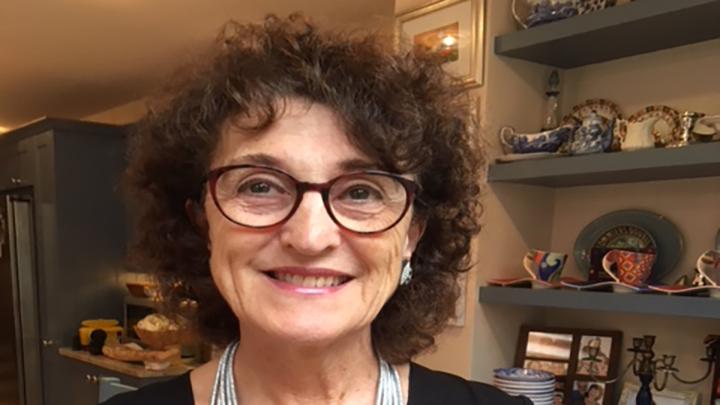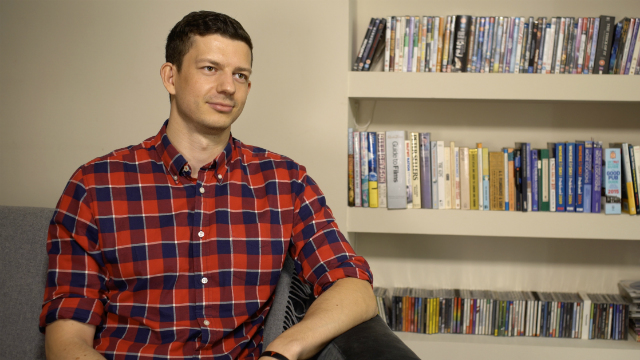
Carole
Diagnosed age 62.
You have to work at managing diabetes every day and flash glucose monitoring has helped me enormously.
Carole, 68, was diagnosed with LADA, a form of type 1 diabetes, at age 62. Having lost both her father and brother to diabetes complications, she was determined not to go down the same track.



